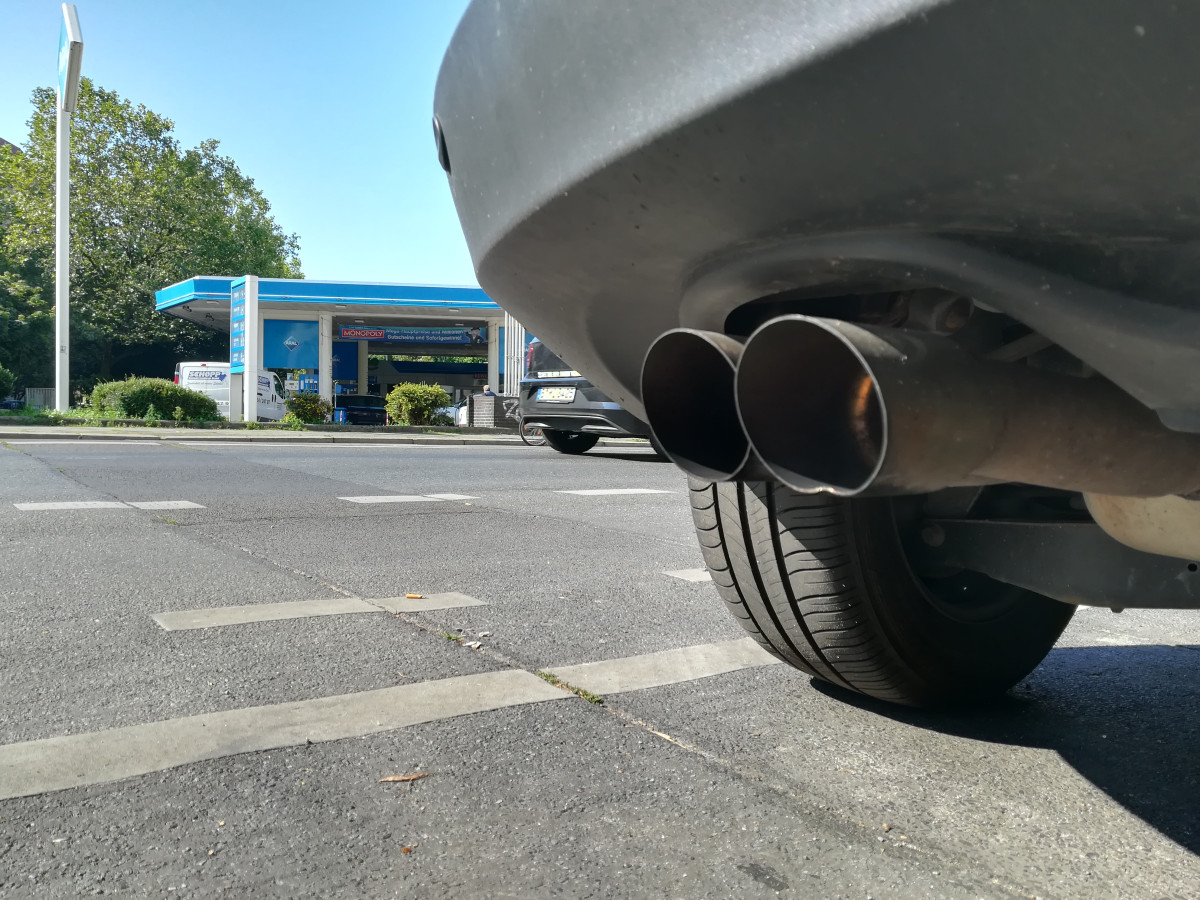EU delays crucial 2035 car emissions vote after German insistence on combustion engines
A crucial EU vote on car fleet emissions that would spell a de-facto 2035 combustion engine ban will be delayed after German government members said they would not endorse the regulation without exceptions. Following a statement by German Finance minister Christian Lindner from the government coalition party Free Democrats (FDP) that his party would not agree to the planned car emission rules in their current form, the Swedish EU presidency announced that the EU Council vote planned on 7 March would be postponed, without specifying the length of the delay.
“It’s our goal that new cars with combustion engines can be registered in Germany after 2035,” Lindner said. Since other countries, including Italy, Poland and Bulgaria, also plan to vote against the proposed regulation, getting a majority for the proposal looks set to depend on Germany’s vote. Lindner argued that the EU Commission had not presented any proposals on how exceptions could be incorporated into a final deal on emissions limits. Lindner added that these cars then would have to run on “climate friendly eco-fuels” and stressed that Germany “must retain the technological know-how” it has for combustion engines.
The FDP leader’s position is in line with that of FDP transport minister Volker Wissing, who recently insisted that combustion engines which run on so called e-fuels should also play a role after the target year. The synthetic fuels would also be needed to reduce emissions in the existing car fleet, Wissing said.The FDP’s coalition partners, the Social Democrats (SPD) and the Green Party, both reject the idea to compromise on the EU car emissions limits. SPD parliamentary group deputy Detlef Müller said his party “favours a clear decision at an EU level that does not put the end of combustion engines into question.” E-fuels would be an expensive, inefficient and limited alternative that does not help the country reach its transport sector emissions reduction targets.
"No interest in modern and future-oriented transport policy"
Environmental group Greenpeace called on chancellor Olaf Scholz (SPD) and other government members to reign in the FDP’s insistence on combustion engines. “The FDP clings to the pipe dream that are e-fuels and takes European climate action hostage,” Greenpeace transport spokesperson Benjamin Stephan said. The government’s posturing would endanger Germany’s credibility regarding emission reduction, while even large German carmakers such as Volkswagen had declared that e-fuels are too inefficient and expensive to play a significant role in the passenger car’s future.
Other NGOs addressed shortcomings in the transport sector more broadly, pointing at a prognosis for traffic development published by Wissing’s ministry that puts a heavy focus on building and modernising motorways. The FDP “has no interest in modern and future-oriented transport policy,” commented Jürgen Resch, head of Environmental Action Germany (DUH). The transport ministry’s plans lacked the promised focus on railroads and favoured new road construction instead — a negligence of climate commitments that should be rejected by the FDP’s coalition partners, Resch said. NGO Germanwatch said the FDP’s transport policy undermined key aspects of the coalition treaty. “Chancellor Scholz needs to make an executive decision,” Germanwatch head Christoph Bals argued. “We don’t need an expansion of motorways but to repair bridges, and to invest more than twice as much in rail infrastructure.”


